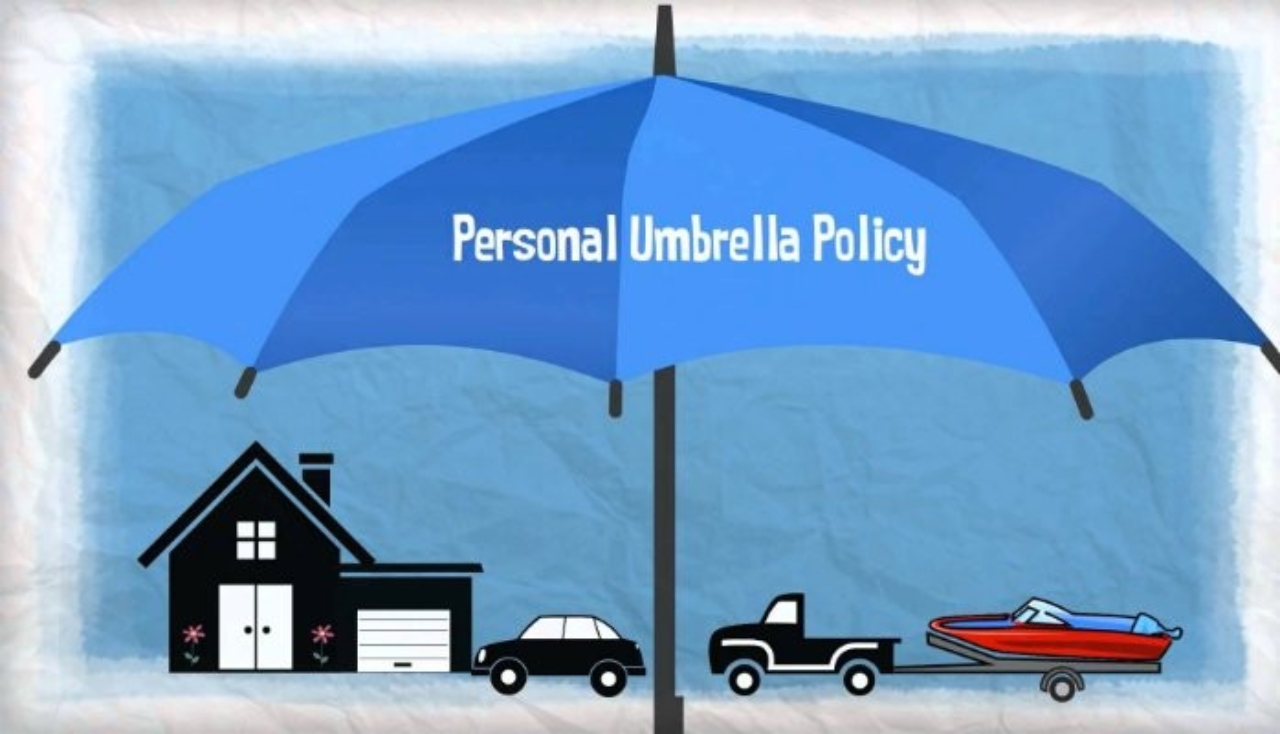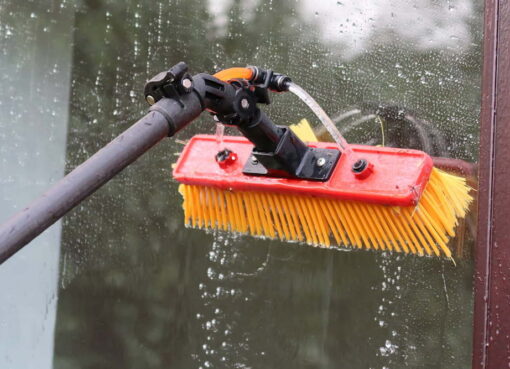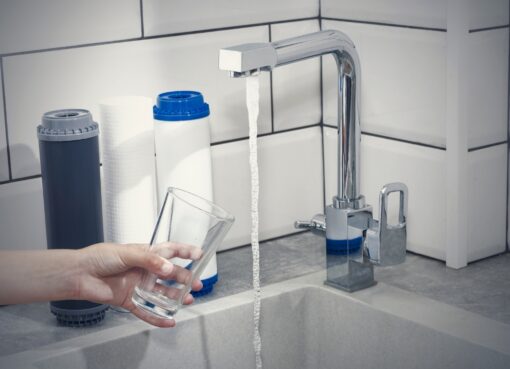As a homeowner, you might think that your homeowners insurance provides all the protection you need. However, there may be times when it falls short. In this article, we will explore whether you need umbrella insurance if you have homeowners insurance, and what factors you should consider before making a decision.
Understanding Homeowners Insurance
Homeowners insurance is a type of insurance policy that provides protection for your home and personal property against damage and loss from various perils. It typically covers your home’s structure, personal belongings, liability, and additional living expenses in case of a disaster.
However, homeowners insurance has limitations and exclusions. For example, it may not cover damage from floods, earthquakes, or wear and tear. It may also have limits on the amount of coverage you can receive for certain items, such as jewelry or electronics.
Understanding Umbrella Insurance
Umbrella insurance, on the other hand, is a type of liability insurance that provides additional coverage above and beyond the limits of your primary insurance policies, such as homeowners or auto insurance. It is designed to protect you against major lawsuits or claims that could exceed the limits of your other policies.
In other words, umbrella insurance is like an extra layer of protection that provides coverage for claims that may not be covered under your primary insurance policies.
Why You May Need Umbrella Insurance
Homeowners insurance provides liability coverage, but it may not be enough in certain situations. For example, if you are sued for causing an accident that results in severe injuries, the damages could easily exceed your homeowners insurance limits. In this case, umbrella insurance can provide additional protection and cover the remaining costs.
Additionally, umbrella insurance can also protect you against claims that are not covered by your homeowners insurance, such as libel, slander, or false arrest.
Factors to Consider When Deciding on Umbrella Insurance
Before purchasing umbrella insurance, you should evaluate your risks and financial situation. Factors to consider include:
- The type and level of liability risks you face
- Your assets and net worth
- Your future income and potential for growth
- The cost of umbrella insurance
It is also important to note that umbrella insurance is not just for the wealthy. Even if you don’t have many assets, you could still be at risk of a lawsuit that exceeds your primary insurance policy limits.
How to Purchase Umbrella Insurance
When you decide to purchase umbrella insurance, you can buy it from the same insurance company that provides your primary insurance policies, such as your homeowners or auto insurance. Alternatively, you can shop around and compare quotes from different insurance companies to find the best rates and coverage options.
The cost of umbrella insurance can vary depending on various factors, such as your level of risk, the amount of coverage you need, and the insurance company you choose. However, on average, a $1 million umbrella policy can cost between $150 and $300 per year.
When deciding on the amount of coverage to get with your umbrella policy, you should consider your assets and potential liabilities. As a rule of thumb, experts recommend purchasing enough coverage to protect your assets and future income, up to your net worth.
Conclusion
In conclusion, while homeowners insurance provides valuable protection, it may not be enough in certain situations. Umbrella insurance can provide added liability coverage and protect you against major lawsuits or claims that exceed the limits of your other policies. When deciding on whether to purchase umbrella insurance, consider your level of risk, assets, and potential liabilities, as well as the cost and coverage options available. Making an informed decision can help you protect your financial future.




